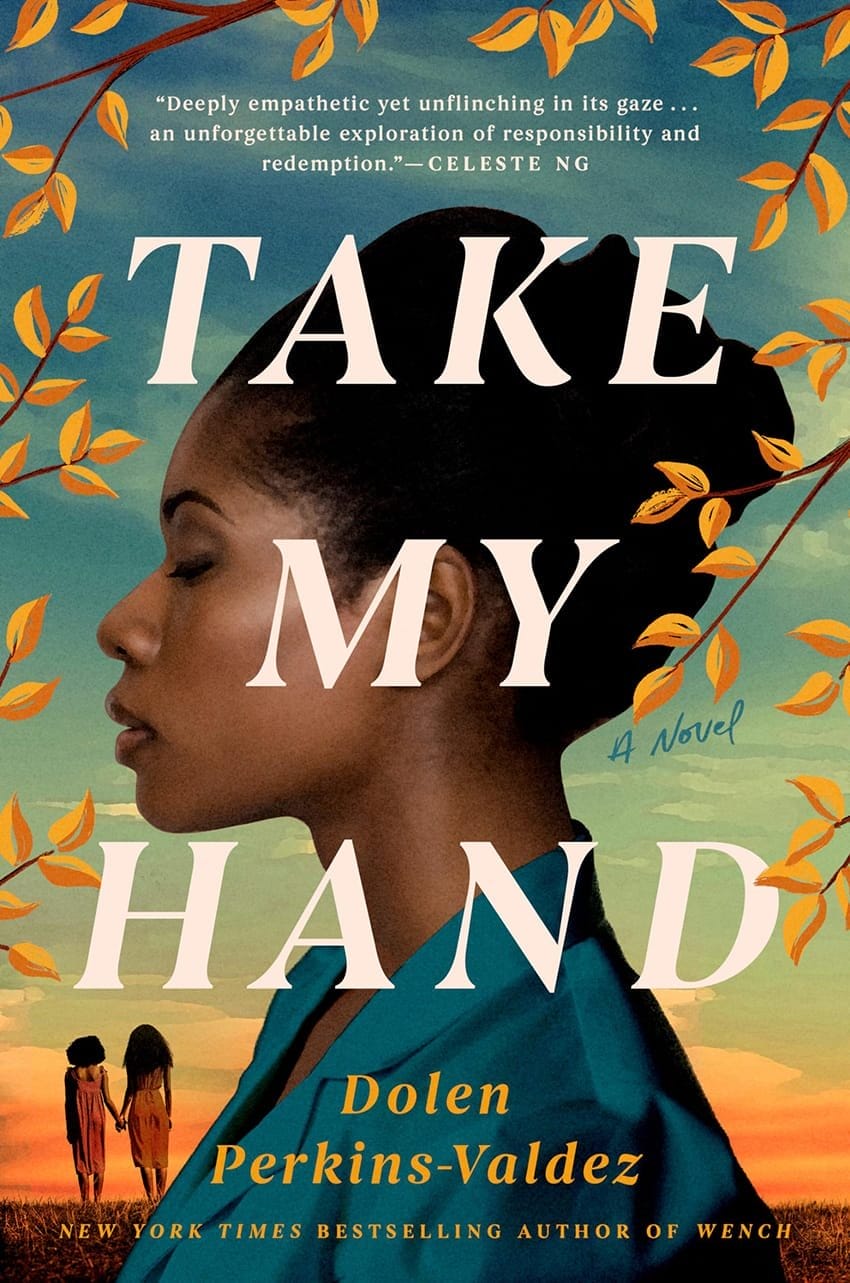

Take My Hand
Montgomery, Alabama 1973. Fresh out of nursing school, Civil Townsend has big plans to make a difference, especially in her African American community. At the Montgomery Family Planning Clinic, she intends to help women make their own choices for their lives and bodies.
But when her first week on the job takes her down a dusty country road to a worn down one-room cabin, she’s shocked to learn that her new patients are children—just 11 and 13 years old. Neither of the Williams sisters has even kissed a boy, but they are poor and Black and for those handling the family’s welfare benefits that’s reason enough to have the girls on birth control. As Civil grapples with her role, she takes India, Erica and their family into her heart. Until one day, she arrives at the door to learn the unthinkable has happened and nothing will ever be the same for any of them.
Decades later, with her daughter grown and a long career in her wake, Dr. Civil Townsend is ready to retire, to find her peace and to leave the past behind. But there are people and stories that refuse to be forgotten.That must not be forgotten.
Because history repeats what we don’t remember.
My thoughts:
Several people that I follow on Instagram posted about this book in February for Black History Month. The reviews were all solid, so I decided to add it to my March Book of the Month box, and I am so glad I did! This is a novel that will stick with me for a long time.
This book hurt – deeply. I knew going into it that the story would be heavy, but I wasn’t fully prepared for the emotional gut punch it delivered. Inspired by true events, this book is a fictionalized account based on the real-life cases of forced sterilization of young Black girls in Alabama during the 1970s. The author does an incredible job weaving historical facts into the emotional narrative of Civil Townsend, a young Black nurse who discovers, all too quickly, the horrific reality of the healthcare system she thought she was entering to help.
The book alternates between 1973 and 2016, and the dual-timeline structure adds a lot of depth to the story. Seeing Civil both in the moment, as a young woman fighting to do the right thing, and then decades later, reflecting on the impact those events had on her life, gave the story even more emotional weight. I loved Civil as a character – her determination, compassion, and inner conflict felt extremely authentic. She wasn’t perfect, and that’s what made her so believable.
The author does a great job of establishing Civil’s relationship with India and Erica (the two young girls Civil is tasked with administering birth control to) before getting into the meat of the story. Knowing from the synopsis that something awful was coming made every interaction with the girls feel heavier. I was completely sickened by how these poor girls and their family were taken advantage of by people they should have been able to trust, including the medical community and the government. The violation of their rights, dignity, and autonomy was absolutely atrocious and something reminiscent of what Hitler attempted with his eugenics program during WWII.
What made the book so much more touching was that the author doesn’t sensationalize the trauma, but rather centers the narrative around the girls’ humanity. The quiet moments – the bond between the sisters, the established relationship with Civil, and the small joys they found despite their circumstances – made the eventual injustice hit that much harder. I could feel Civil’s helplessness, her outrage, and ultimately her resolve to fight back for the girls, even when the odds were against her. I also loved how the novel explored the ripple effect these kinds of violations can have, not just on those directly affected but on entire communities and even the advocates themselves.
As I read, I couldn’t help but think about how timely and necessary this story still is. Yes, this book is a work of historical fiction, but it is also a mirror. The stripping away of reproductive rights and the exploitation of vulnerable communities are sadly not relics of the past. We are living in a moment where these conversations are more important than ever, and this book serves as both a warning and a call to action. We have to stay vigilant and make sure things like this never happen again.
I fully understand why this book is so highly praised. It was a tough read, but I’m so glad I read it. Books like this are supposed to make us uncomfortable. They are supposed to stir something in us. Perkins-Valdez has crafted a powerful, compassionate, and unflinching novel that I believe everyone should read – not just to learn about the past but to stay vigilant for the future.













